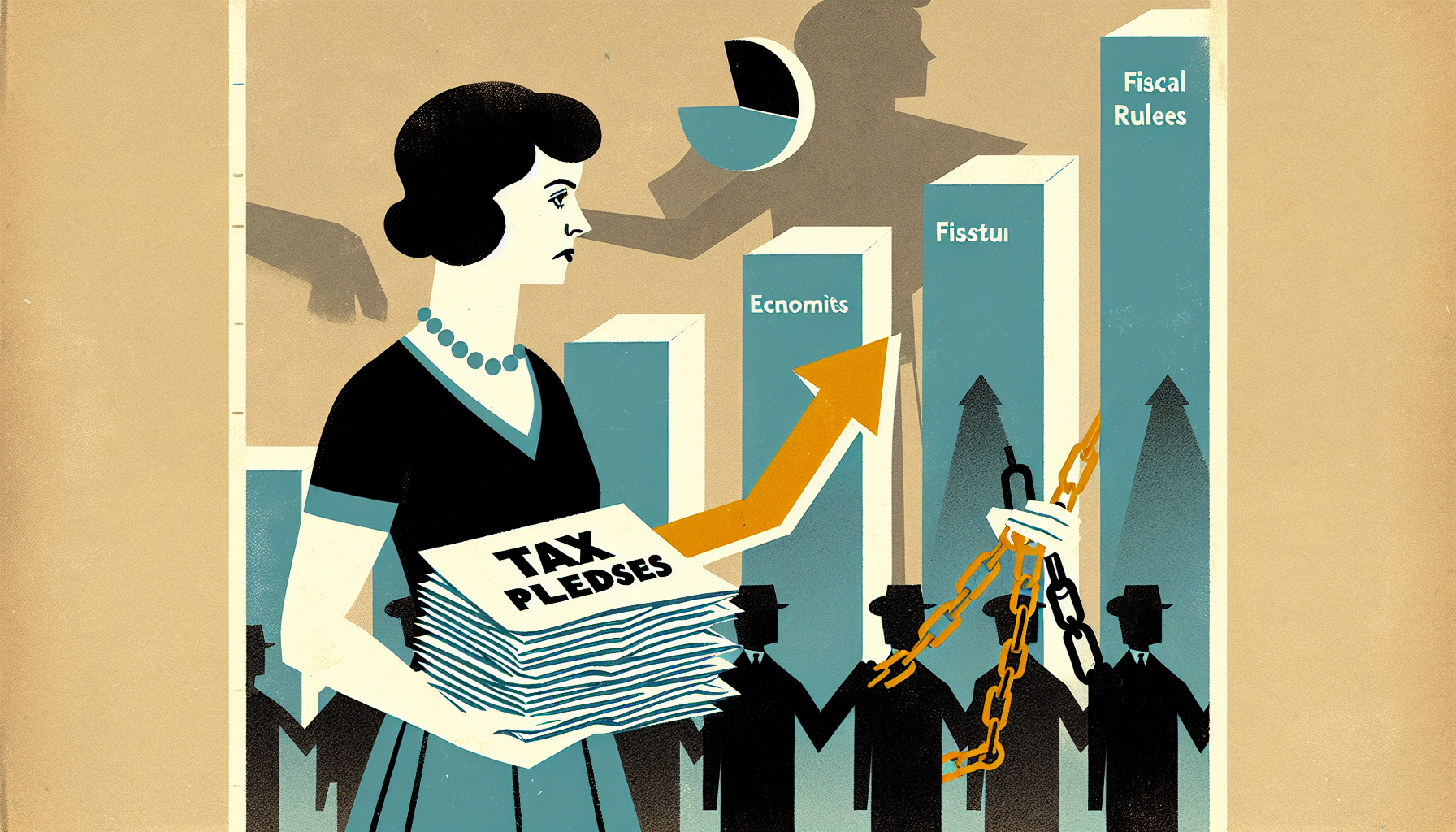Rachel Reeves may need to alter Labour’s tax pledges to meet fiscal rules. Economists have warned that the Chancellor could face tough decisions as she aims to balance the budget amid increasing demands for defence and welfare spending. Recent commitments, such as reversing cuts to winter fuel payments, removing the two-child benefit cap, and boosting defence spending as a percentage of GDP, threaten to surpass Reeves’ limited £9.9bn fiscal headroom.
Increased borrowing rates may add an extra £10-11bn in debt service costs by the end of the decade, according to Oxford Economics. These factors could result in a need for £30bn in fiscal tightening, potentially leading to significant tax increases. However, Labour’s manifesto promised not to raise “taxes on working people,” limiting options for revenue generation.
Oxford Economics predicts the government will face challenging fiscal choices in the upcoming autumn budget without corrective action. The prospect of further tax hikes could impact private sector spending this year. They suggest that the government could improve the fiscal outlook by implementing policies to boost potential growth, though they find this unlikely.
Analysts, including Deutsche Bank, have forecasted major tax hikes by year’s end, with the Chancellor expected to raise taxes by at least £10bn in the Autumn Budget due to rising inflation and increased spending. Dr Ben Caswell from the National Institute of Economic and Social Research believes Reeves might extend the freeze on income tax bands to the end of the parliament, generating substantial revenue as earnings rise.
This freeze, projected to affect two million workers by 2028, would effectively increase taxes indirectly. Another potential policy is reducing the cash ISA limit from £20,000 to £4,000 to encourage investment in more productive assets. These measures, alongside the income tax bands freeze, could provide some financial relief, though it remains uncertain if they will restore sufficient fiscal headroom.




